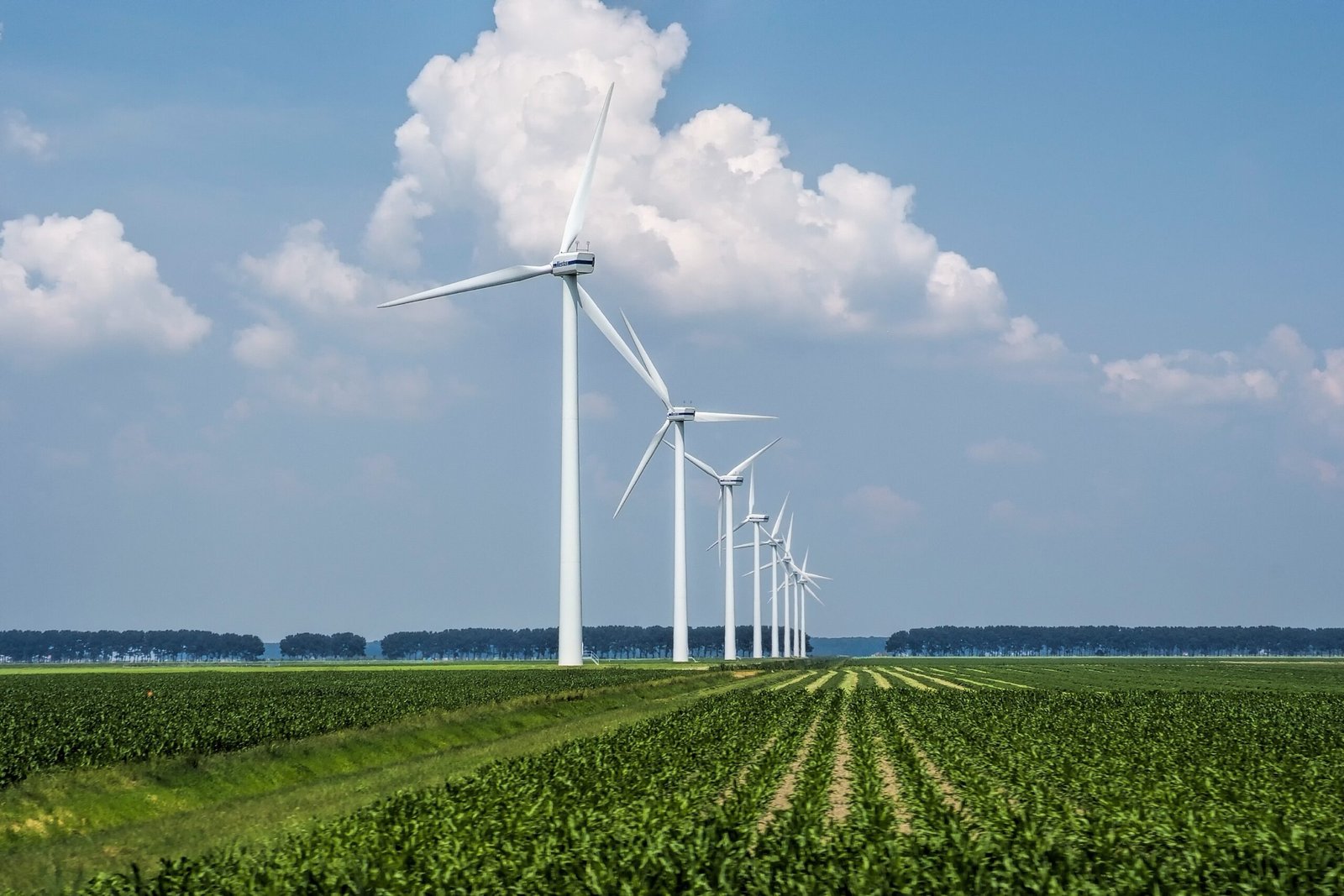Imagine powering an entire railway network with nothing but sunshine, wind, and batteries—not just during the day, but every hour of every day. This ambitious vision has just moved closer to reality as ACME Solar secured a landmark 130 megawatt hybrid renewable project designed to deliver uninterrupted clean power to Indian Railways. The winning bid of Rs 4.35 per kilowatt-hour demonstrates that round-the-clock renewable energy isn’t merely feasible—it’s competitively priced and ready for large-scale deployment. As Indian Railways races towards its net-zero carbon target by 2030, this project represents far more than another solar installation. It’s a proving ground for hybrid technology combining solar panels, wind turbines, and battery storage systems that could reshape how India powers its critical infrastructure whilst slashing emissions.
The Engineering Challenge Behind Constant Clean Power
The tender, conducted by REMC Limited under the Ministry of Power’s initiative to procure 1,000 MW of round-the-clock renewable power, set demanding reliability standards that reflect the operational realities of running a vast electrified rail network. Developers had to guarantee a minimum annual availability of 75 per cent for the first three years following commissioning, escalating to 85 per cent thereafter. These stringent requirements exist because Indian Railways cannot tolerate power interruptions—trains must run on schedule regardless of whether the sun is shining or winds are blowing.
ACME Solar’s solution elegantly addresses this challenge through optimised co-location of solar arrays, wind turbines, and advanced energy storage systems. By blending these complementary renewable sources, the project will deliver firm, dispatchable clean power around the clock, effectively eliminating the intermittency problems that have historically plagued renewable energy deployments. The company plans to leverage existing land parcels and established grid connectivity to streamline execution, targeting commissioning within 30 months. Industry experts note that the competitive tariff achieved—Rs 4.35 per kWh—underscores how hybrid configurations with storage can now compete economically with conventional power sources whilst providing superior environmental benefits.
Transforming Indian Railways’ Green Credentials
Indian Railways has embarked on an extraordinarily ambitious decarbonisation journey, aiming to achieve net-zero carbon emissions within this decade. The organisation has already installed over 2,200 solar power plants across its sprawling infrastructure and secured power purchase agreements totalling more than 7,600 MW from solar and wind sources. However, these conventional renewable installations share a common limitation— they generate power only when natural conditions permit.

Credits: FreePik
Round-the-clock renewable energy projects bridge this critical gap by ensuring firm power supply even when solar output fades after sunset or wind speeds drop during calm periods. This reliability transformation enables Indian Railways to reduce fossil fuel dependency without compromising operational integrity. Renewable energy consultants highlight that locking in competitive power tariffs through long-term agreements also improves financial sustainability, insulating the railways from volatile coal and natural gas prices whilst simultaneously advancing climate objectives.
The strategic importance extends beyond railway operations alone. This project aligns seamlessly with broader national goals under the National Electric Mobility Mission and India’s international climate commitments, demonstrating how innovative renewable solutions can power critical transportation infrastructure sustainably. As one industry expert observed, seamless round-the-clock renewable power procurement represents a genuine game-changer for both the railways’ green agenda and India’s wider clean energy transition.
Setting the Template for India’s Energy Future
ACME Solar’s 130 MW project establishes a replicable template for overcoming renewable energy’s traditional Achilles’ heel—intermittency. By proving that hybrid configurations combining solar, wind, and battery storage can reliably meet demanding industrial loads at competitive prices, the project opens pathways for similar deployments across transport, manufacturing, and urban infrastructure sectors. Energy specialists increasingly view hybrid renewables not as experimental technology but as the backbone of India’s green infrastructure roadmap.
Investor confidence in such initiatives continues strengthening, bolstered by governmental support and improving economics as battery costs decline and integration expertise deepens. India appears poised for rapid scale-up in hybrid round-the-clock renewable projects, simultaneously advancing energy security and environmental sustainability. The convergence of mature technology, supportive policy frameworks, and compelling market dynamics suggests that what ACME Solar has achieved for Indian Railways could soon become standard practice across the economy.
This landmark project epitomises how India is moving beyond simple renewable energy additions towards sophisticated hybrid systems that genuinely substitute for conventional baseload power. By delivering firm, round-the-clock renewable electricity tailored to demanding operational profiles, ACME Solar has demonstrated a sustainable path forward for critical infrastructure electrification. The success signals a new chapter where renewables reliably underpin the nation’s economic and environmental ambitions, proving that green energy and operational excellence need not be competing priorities but can advance together, fueling a cleaner, more sustainable India.
